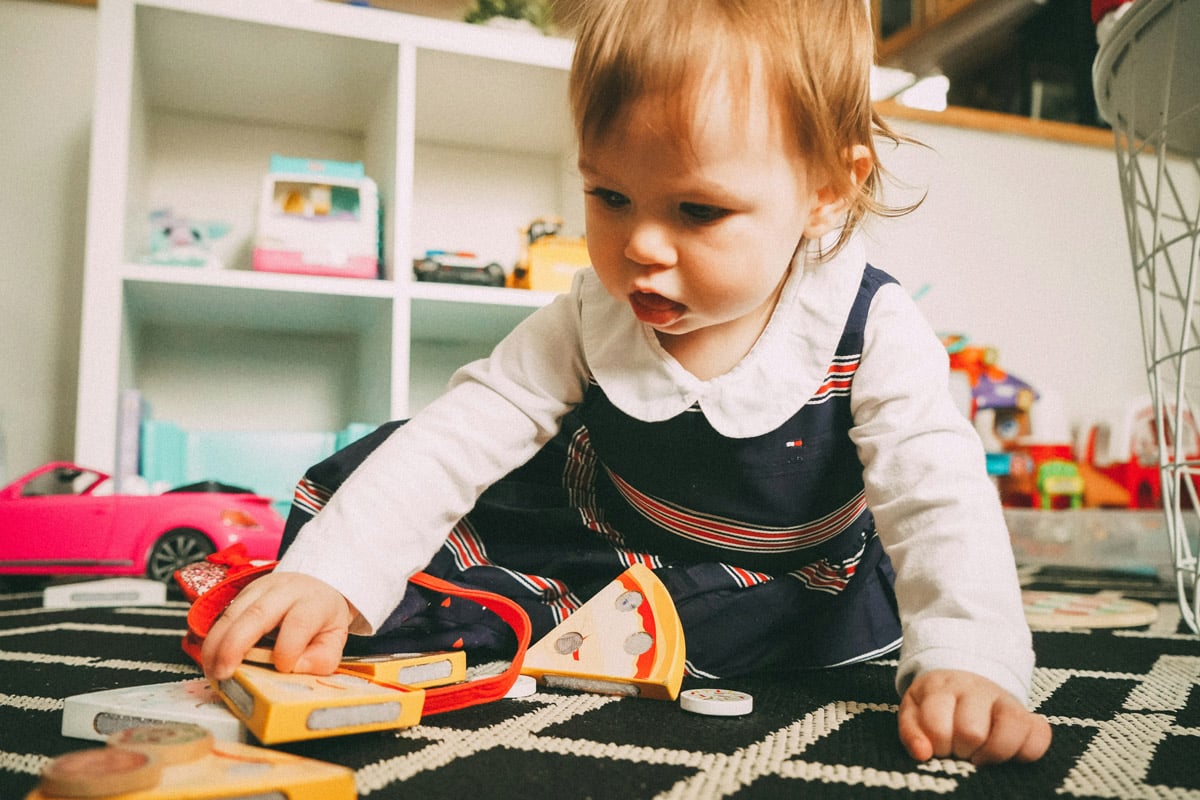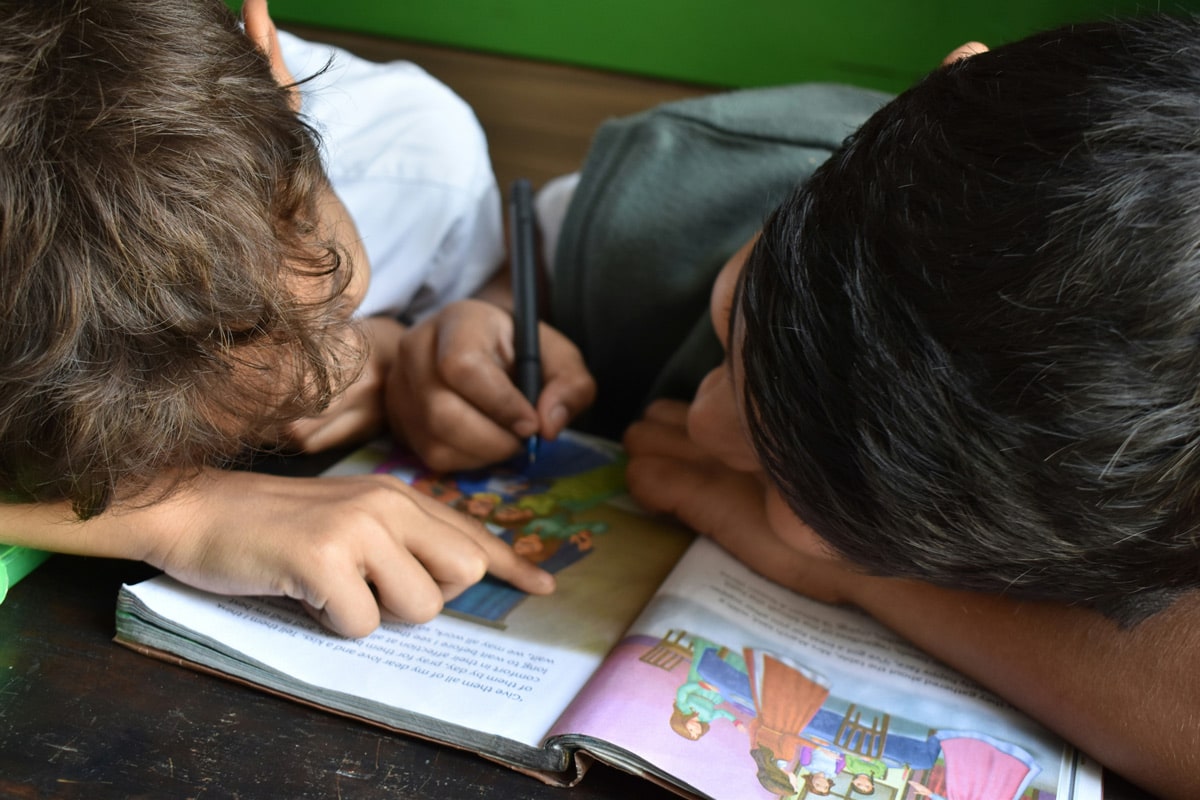The following post is written by one of our carers on their experiences and advice relating to caring for a child who has experienced trauma and how best to work through that with them on a daily basis.
Parenting plus
You may have heard of extreme sports. Well, I often think of parenting a child with a history of trauma as extreme parenting…’parenting plus!
As with regular parenting, there are both challenges and joys. It’s the same with children with a history of trauma but the rewards and the highs are definitely all the greater as you acknowledge what your young one is overcoming.
Triggers
Parenting a child with a history of trauma made me very aware of the word “triggers”. A trigger is something that can take a child back to the feelings they experienced during their trauma. This can even generate a release of hormones such as adrenaline and stimulate the flight or fight response. Whilst some triggers may be obvious, they also sometimes took me unawares. Something like a facial expression or someone reminding them of someone could trigger a big response. Big feelings on the inside often display as negative behaviour on the outside. I had to learn to remind myself to wonder – ‘what’s going on underneath?’ – what I am seeing is the tip of the iceberg.
Getting out in nature
Children who have experienced trauma are often hypervigilant and may be living in a state of high alert. It was important for us to provide an opportunity to burn off physical energy whilst avoiding sensory overload. Getting out in nature and just enjoying simple things worked well.
Parenting a child with a history of trauma can, at times, be loud, unpredictable and messy, but the joy of hearing them laugh; tell you “best Christmas ever”; splash freely in the sea; and overcome fears, big and small, is priceless.
It takes a village to raise a child
Children with a history of trauma need a team approach. Good communication between school/clubs and professionals like social workers is essential.
In many ways, the child’s journey towards healing and wholeness – making sense of their past – is the journey of a lifetime. To be part of that journey…be it for a short, or long while, is the greatest privilege and the rewards are beyond words.
Want to make a difference to a young person’s life?
If you’re interested in becoming a foster carer, book a friendly initial chat with our team. We’d love to hear from you and talk you through the process of finding out if foster care is right for you.



